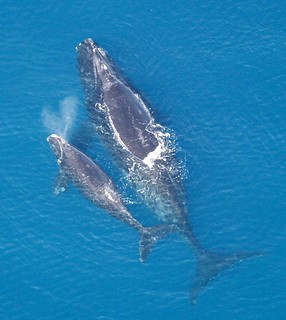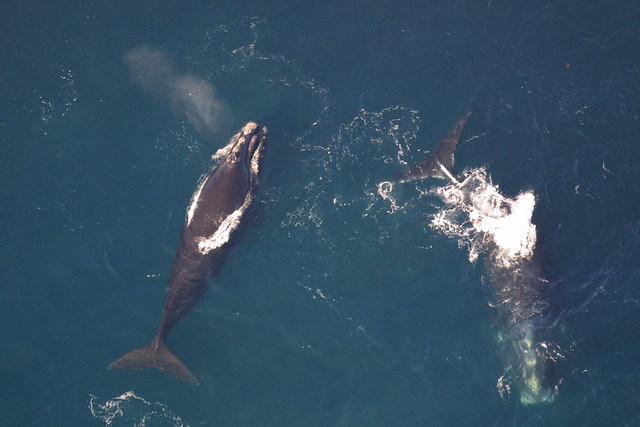Source: http://eftsense.com/wp-content/uploads/2015/08/VuIIu3s.jpg
Unfortunately one of the most deadly
diseases today is cancer. Everyone knows or has a relative that was diagnosed
with cancer. Cancer as such is an abnormal growth of cells within the body.
There exist different types of cancer such as breast, skin, lung, colon,
prostate and lymphoma. When a person is diagnosed with cancer, treatment
usually involves chemotherapy, radiation/or surgery. More information on cancer
can be found at
WebMD.
Another treatment that is gaining
momentum in being officially recognized by the Food And Drug Administration –
FDA is the engineered T-cells. According to
tcells.org
T-cells are a type of white blood cell that circulate around our bodies,
scanning for cellular abnormalities and infections. Through advancements in
technology engineers found a way of re-configuring these T-cells to see
cancerous cells as a threat and attack them to destroy them. One successful and
interesting example can be found at
www.technologyreview.com
where a boy named Milton Wright was successfully treated by T-cells
re-engineering for the third cancer that he experienced.
Figure 1: A bioreactor bag holds a
leukemia patient’s T cells. The cells have been genetically modified to fight
cancer. A new receptor has been added. (https://www.technologyreview.com/s/538441/biotechs-coming-cancer-cure/)
Research, tools, and resources
required for finding a sound cure for cancer cost a lot of money. Taking the
T-cells re-engineering treatment as an example, preparing a dose of T cells can
range from $50,000 to $75,000. One very good Non-profit organization that is
helping raise such funds is the ‘
Stand
Up To Cancer’. This initiative raises funds to create a collaborative
environment for researches so that a cure can be found quicker to save millions
of lives. One can find a lot of information on their website and social media
channels such as
Facebook and
Twitter. One can also easily donate money
through the site where millions of people would eventually benefit through the
research and treatments developed.




